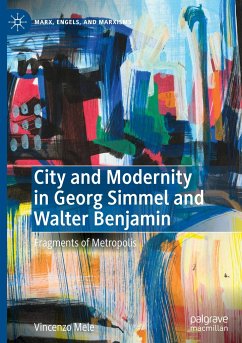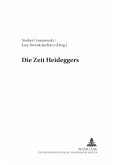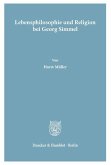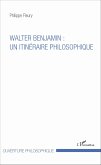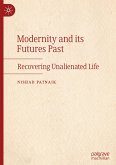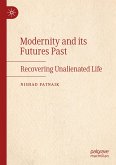This book reconstructs and compares the social theories of modernity of Georg Simmel and Walter Benjamin, two classic thinkers in German social thought. The author focuses on five main topics: the historical-sociological method through which they investigate modernity; how are the concepts of history and society possible; the consequences of modern metropolis on the construction of individual subjectivity; the aestheticization of everyday life caused by the expansion of commodity culture; and the female culture as a counter-power to the domination of masculine objective culture. In the decades since Simmel and Benjamin, urban reality has undergone profound changes and we may even question the very existence of the subject of analysis: what is the city, the metropolis in today's context of globalization and capital flows? Simmel's and Benjamin's metropolis has thus become an "endless city," beyond the physical and geographical confines of urban reality.
Bitte wählen Sie Ihr Anliegen aus.
Rechnungen
Retourenschein anfordern
Bestellstatus
Storno

